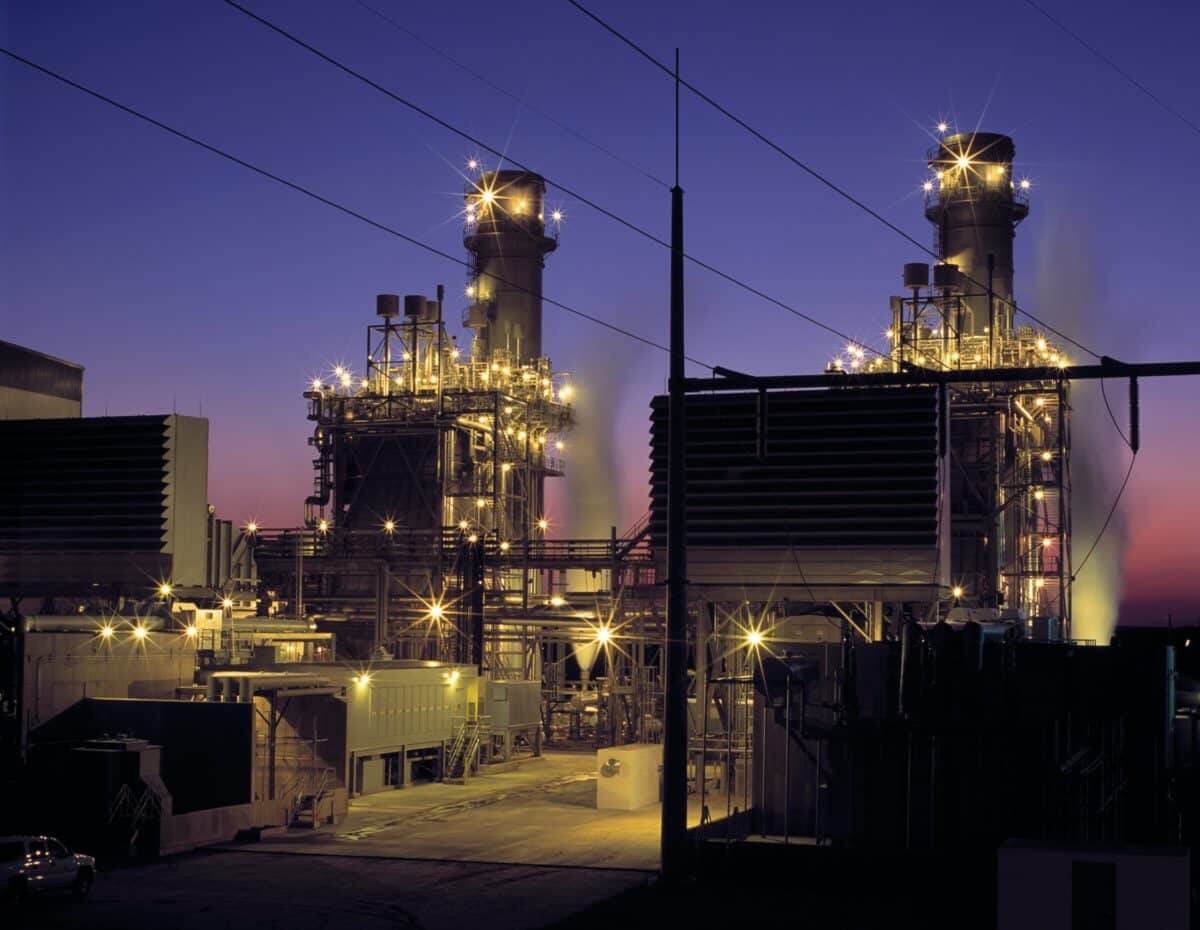Gas Trading in Europe: Impact of Cooler Temperatures
In the ever-evolving world of energy trading, the gas market is pivotal in ensuring a stable and reliable energy supply across Europe. Gas trading is at the heart of this dynamic market, influencing business gas prices and significantly impacting the economic landscape. This article delves into the recent trends in gas trading, focusing on the surge in Dutch and British gas prices attributed to cooler temperatures, geopolitical risks, and liquefied natural gas (LNG) strikes. Additionally, it explores the long-term implications of investing in natural gas, the relevance of natural gas forums, and the importance of natural gas storage in maintaining energy security.
Gas Prices Surge on the Back of Multiple Factors
The Dutch and British gas markets witnessed a notable price increase due to various interrelated factors. On a chilly morning, the Dutch November gas contract surged by 1.06 euros to reach 54.35 euros per megawatt-hour (MWh). Simultaneously, the December contract showed a gain of 1.00 euro, bringing it to 56.00 euros/MWh. In the United Kingdom, the day-ahead contract rose by 10 pence to 130 pence per therm, as reported by LSEG data.
Gas trading is susceptible to fluctuations influenced by both supply and demand forces. The recent price hikes are indicative of a combination of risks, from potential strikes at Australian LNG facilities to geopolitical tensions in the Middle East. At this juncture, forecasting a substantial drop in temperatures further intensifies the demand for gas as consumers and industries gear up for heating requirements.
The Geopolitical Landscape and LNG Strikes
The energy market, particularly gas trading, is highly responsive to geopolitical developments. The recent surge in gas prices is due to several geopolitical factors. The ongoing negotiations between Chevron and labour unions at Australian LNG facilities have made progress. However, a conclusive agreement remains elusive, leading to prolonged labour disputes that impact gas supply.
Geopolitical tensions are not confined to Australia alone. The recent damage to the Balticconnector gas pipeline, linking Finland and Estonia, raises concerns regarding the security of vital energy infrastructure sites across Europe. Speculation regarding the possibility of deliberate damage, as suggested by the Finnish Prime Minister, underscores the significance of protecting key energy assets. Norway, Europe’s largest gas supplier, has stepped up patrols around its installations in response to these events.
Moreover, unrest in the Middle East has amplified concerns about the gas supply. Israel has directed Chevron to cease natural gas exports via a significant underwater pipeline linking Israel and Egypt. These geopolitical events underscore the vulnerability of the gas market to external factors.
Weather-Driven Demand
Temperature fluctuations play a crucial role in driving gas trading patterns. In the coming days, a significant drop in temperatures should come across Europe, particularly in Belgium, where temperatures may decrease by almost 8 degrees Celsius. This sharp decline in temperature is expected to boost the demand for gas, primarily for heating purposes.
Business gas prices are highly sensitive to weather-related shifts in demand. As cooler temperatures become a reality, businesses and consumers alike need to be prepared for increased gas consumption, which is likely to exert further pressure on gas prices.
Long-Term Considerations: Investing in Natural Gas
While short-term price fluctuations in gas trading garner significant attention, long-term considerations are equally vital for businesses and investors. Gas, as a crucial energy source, remains a viable option for those looking to diversify their energy portfolios. Investing in natural gas can offer a range of benefits. Those include the potential for stable returns and hedging against energy price volatility. Furthermore, they contributing to a greener energy mix when transitioning from coal and other fossil fuels.
Natural gas, despite its short-term price volatility, remains a strategic asset for energy security and environmental sustainability. Businesses must evaluate the long-term potential of natural gas in their energy strategies.
The Role of Natural Gas Forums and Storage
In a world where energy security is paramount, natural gas forums serve as essential platforms for dialogue and cooperation among key stakeholders. These forums enable the exchange of ideas and solutions to common challenges in the gas trading industry. They foster collaboration in times of supply disruption or geopolitical tensions.
Furthermore, natural gas storage assumes a critical role in maintaining energy security. Adequate storage infrastructure ensures that gas supply remains consistent, even during periods of disruption. Businesses, governments, and industry players must prioritise developing and maintaining natural gas storage facilities to safeguard against unforeseen challenges in the energy market.
The recent surge in Dutch and British gas prices is due to a combination of factors, including geopolitical risks, cooler temperatures, and LNG strikes. Additionally, the importance of investing in natural gas for the long term, participating in natural gas forums, and ensuring robust natural gas storage infrastructure cannot be overstated.
The post Gas Trading in Europe: Impact of Cooler Temperatures appeared first on FinanceBrokerage.

